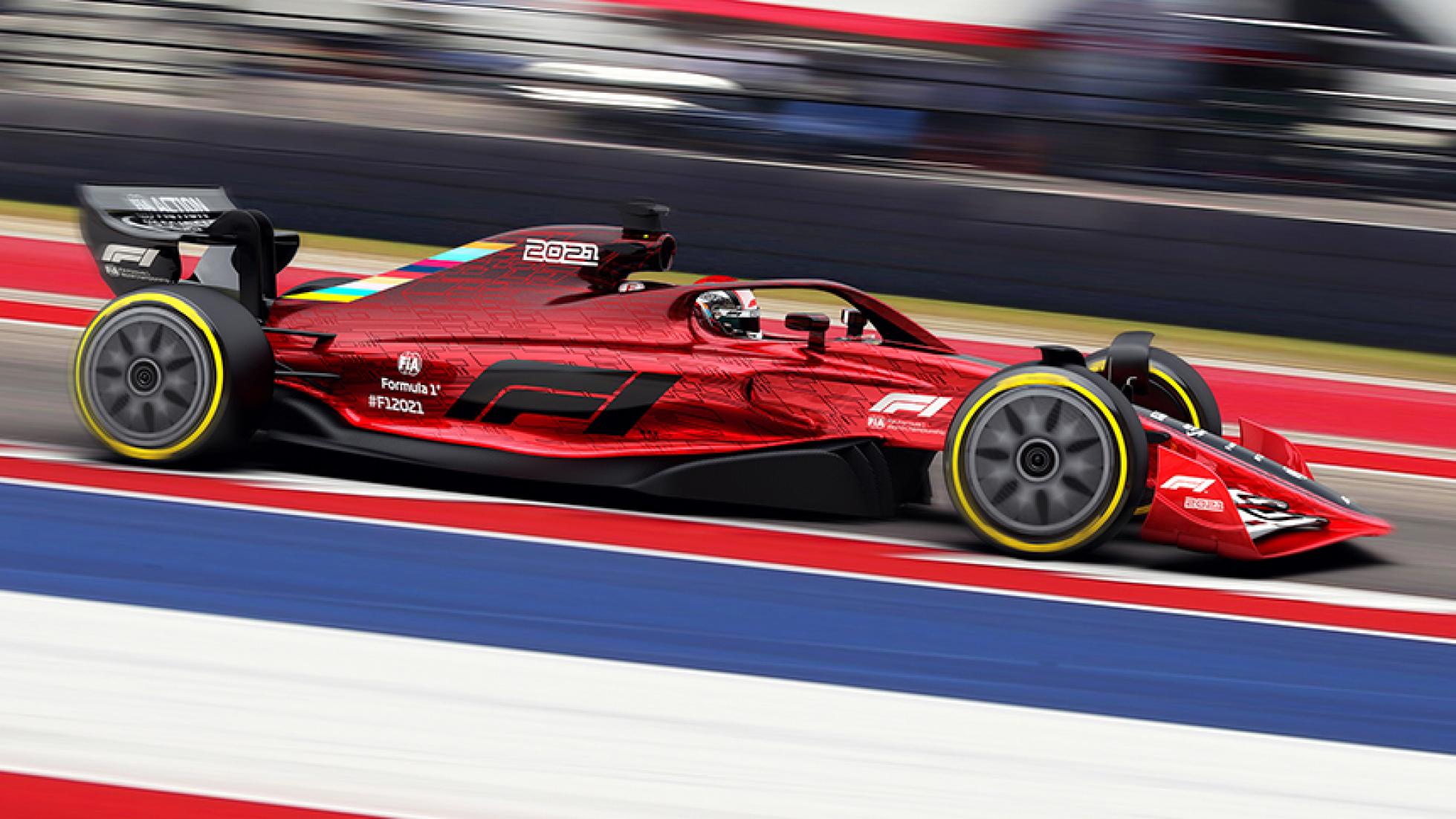Formula 1 will have a net-zero carbon footprint by 2030

Formula 1 is changing – big time. Just a couple of weeks after the sport’s organisers announced dramatic new regulations for the 2021 season, they have now unveiled a plan to achieve a net-zero carbon footprint by 2030. That means the whole F1 circus will use no more energy than it creates in renewable form.
It’s an ambitious goal for the globe-trotting sport – especially given that the calendar will swell once again next year to include 22 race weekends – but F1 reckons that a combination of carbon offsetting, technological advancements, efficient travel and 100 per cent renewably powered offices and factories will all contribute to its success.
Yep, this isn’t just about planting a few trees to negate the emissions that come out the back of the cars – it applies to the whole business of F1. Although don’t worry, some trees will be planted.
The current hybrid system in F1 is actually extremely efficient too. It delivers more power while using less fuel than any other car. However, the latest statement claims that the goal is to use ‘advanced sustainable fuels and energy recovery systems’ to create a net-zero carbon hybrid unit.
Elsewhere, organisers are aiming to make each event sustainable by 2025. That means a need to eliminate single-use plastics and reuse, recycle or compost all waste products. There will also apparently be initiatives to offer fans a greener way to reach the circuits, as well as more emphasis placed on local businesses.
F1 says that this target was reached after “twelve months of intense work with the FIA, sustainability experts, Formula 1 teams, promoters, and partners, resulting in an ambitious, yet achievable delivery plan.”

